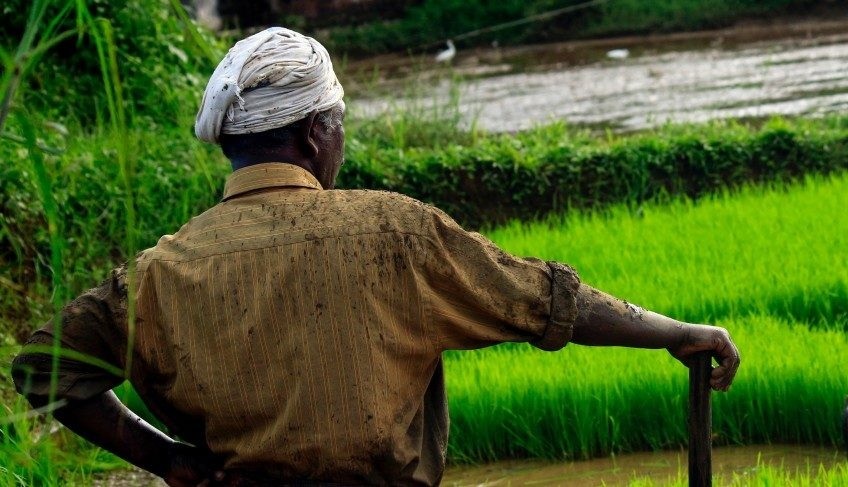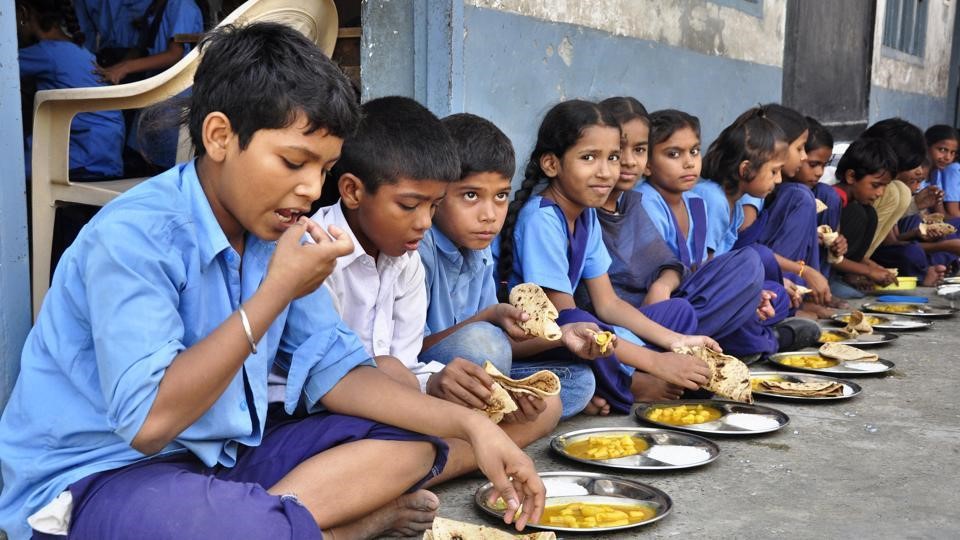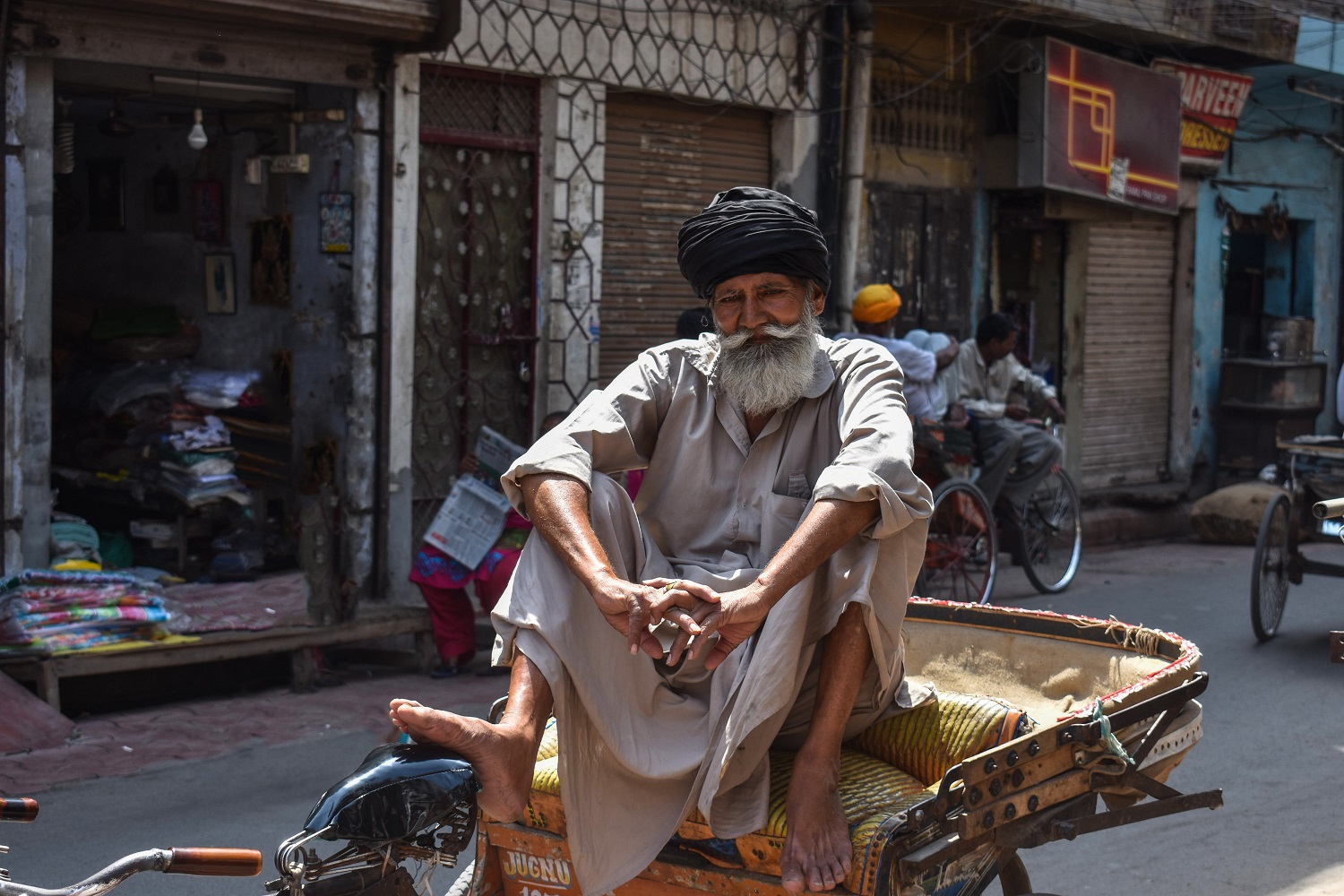Regulation of international trade in wheat should be governed by market forces rather than by frequent tariff and import control interventions. Instead, the government should focus on making Indian wheat produce cost and quality competitive.

The Policy Monitor

Regulation of international trade in wheat should be governed by market forces rather than by frequent tariff and import control interventions. Instead, the government should focus on making Indian wheat produce cost and quality competitive.

The middlemen thus give traction to voices that would otherwise be not heard owing to their distance from the state that still exists. They enable thousands, if not millions to avail social protection that is guaranteed as laws.

The right of farmers to choose their own methodology is what should be advocated, keeping the restrictions and inconsequential nudge as reasonable as possible. The circumstances won’t change unless there is consistency between the price of fertilizers and the farmer’s income, to encourage them to use all fertilizers proportionately.

The worsening conditions of malnourishment amongst school children make it pivotal for us to know the importance of invigorating such schemes in our country.

Ayushman Bharat is the new route for ‘Strategic bargaining’ from Private Healthcare Providers. At the same time, the effectiveness of the private sector has to be measured against the parameters of access, quality, equity and efficiency

With about 60% of the Indian Population involved in agricultural work and agrarian distress being an omnipresent issue, it’s high time for the Government to recognize and deliver a means to the section of individuals that will curb inequality to a considerable extent.

Holy Cross and Bible

The battle against global poverty has been going on for decades now and has been a topic of debate amongst various personalities including politicians and celebrities. Yet, as we all know, the problem remains. The book, ‘Poor Economics’ by Abhijit V. Banerjee and Esther Duflo, tries to explain a few reasons as to why the problem seems to be ubiquitous, especially in third world countries.

If GDP is the factor that led to national happiness, then prosperous economies of China, USA and India would have occupied the top positions in the WHR 2018. Thus, there are some other factors other than financial prosperity that lead to the happiness of the Nordic countries such as Denmark, Finland, Iceland, Norway and Sweden.

The International Monetary Fund has lowered its global economic growth forecast for the fourth time in nine months as the risks still remain to the ‘downside’. According to World Economic Outlook (WEO) Update July 2019, global growth for 2019 is projected at 3.2 per cent and picking up to 3.5 per cent in 2020.